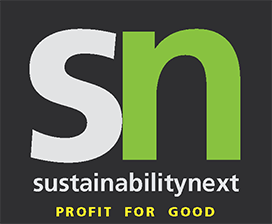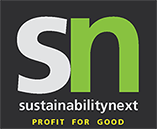“Cost is a fact; price is a policy; and value is an opinion,” said Wheldon’s book on Cost Accounting in the early 1950s. In the last two columns I covered the first two. Here, allow me to dabble on the third assertion that ‘value is an opinion’.
Value is a concept beyond costs or a process of pricing a commodity or service. From a producer’s position it shifts completely into the realm of what the customer and society opines about a product or business. What meaning does a mobile phone bring to you? What ultimate purpose drives you to serve a company as an employee or supplier? From mere financial outcomes or results like salaries or profit we move on to the larger impact anything makes on quality of our lives. And this idea of Value emerges in a societal domain and also endorses the need to realise that, Value is an aggregate of opinions of everybody in society – call it reputation in one sense.
A business may start mining in an area where the tribal inhabitants have their opinion which may conflict head on. So for Value to be lasting, opinions have to first converge and consorted action should best co-create (rather than create) sustainable Value. Rig Veda aptly puts it: “Let it be good for me, let it be good for you, and then let us together do good for all; but in the process let us not part ways on the trivial differences that may arise”.
In the last decade, despite the Symantec, sustainability had taken to social mobilisation and civil society movement. But since the downturn and the resultant trust-deficit it left behind, investors and financial accountants are challenged by a new reporting-revolution of sustainable Value. Furthermore, the concept of ‘money’ is now transforming into its new avatar beyond itself and the question to ask is: What is the purpose of Profit? Henry David Thoreau said: Rather than money or fame, give me truth. The balance sheet, which would faithfully tally the debit with credit sides, would now have to reflect a much wider aperture and an integrated picture of the true complexity of decisions. The big global sustainability consultancy firms came to a consensus that Environment, Social and Governance (ESG) areas should come on the balance-sheet in an integrated form at a given point of time.
Value Reporting
Harvard Prof Robert Eccles, Davis Phillips and others from PwC brought out the concept of ‘Value Reporting’ in 2001. This widened the scope of risk-management; it pronounced the recognition of finance professionals that maximising the share-earning game in isolation was over. Businesses have to become proactive and provide Value-relevant impact quantified as reporting information. It provides an all-rounded support to decision-making.
Jeff Swartz, the CEO and President of Timberland, while speaking at a lecture series in 2005, urged business leaders to look around and connect deeply with realities of the people. The Founder of Tomorrow’s Company, who was one of the supporting hosts, said that in a couple of decades one had never seen hundreds of people – all comprising opinion makers and CEOs in the UK – give such a respectful standing ovation! Swartz concluded with a question: Whose job is it to feed children in hunger? Is it the church? Is the business of business is just earning quarterly returns and move on?
Tony Manwaring, Chief Executive of Tomorrow’s Company, UK, argues that future stewardship is the kind that is able to look back and learn, be grateful and respect the views of previous generations; is determined to create a legacy that constantly builds enduring engagement and relationships with all concerned stakeholders in society and the business must strive to leave that legacy for its future generations.





